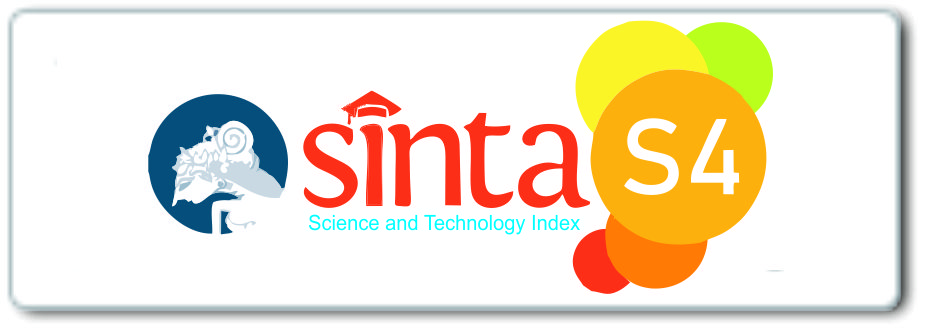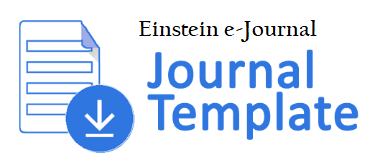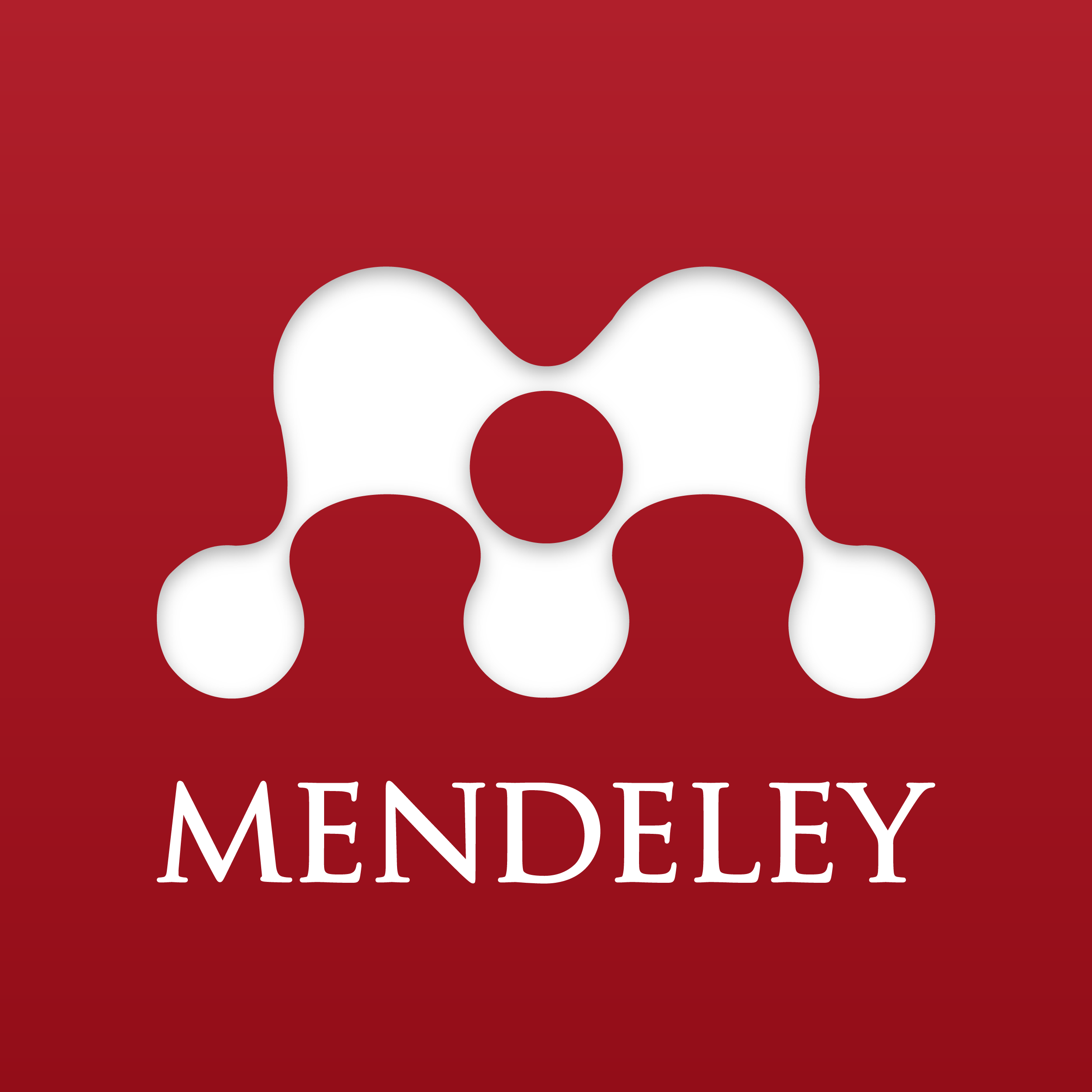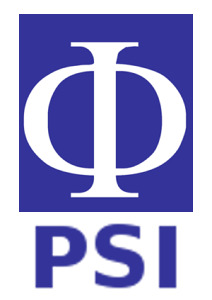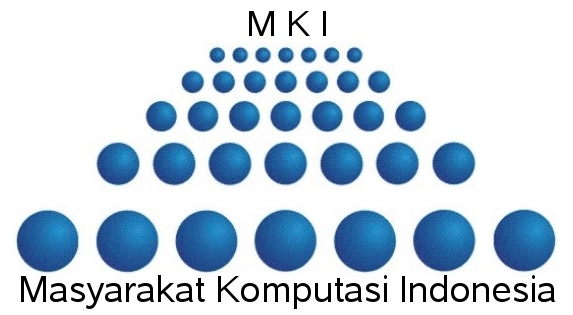Focus and Scope
Einstein's journal is managed by the Physics Study Program, Medan State University. This journal is the result of research in the field of physics which is published every two years.
The journal topics cover the following Physical sciences:
1. Material Physics
Materials physics studies that study and investigate the relationship between the structure and properties of materials including Materials Nanotechnology, Chemical Physics, Specialty Materials, and Materials Engineering. In addition, Metal Materials, Magnetic Materials, Composite Materials, Ceramic Materials, Polymer Materials, and Electronic Materials are also included in the scope of this journal's research.
2. Computational Physics
Studies that study physical phenomena that are processed computationally or further research that combines physics, numerical analysis, and computer programming in order to process large and non-linear experimental data.
3. Instrumentation Physics
The study of physics in terms of measurement, setting of physical quantities directly or indirectly. In detail, the themes raised include Instrumentation Physics which includes sensors and applications, measurement and interfacing, microcontrollers, microprocessors, computers (hardware and programming), non-destructive testing, metrology, analog and digital signal processing, instrumentation. measurement of physical quantities, information and communication technology instrumentation, measurement instrumentation, and control/control instrumentation.
4. Earth Physics
The study that studies the application of physical science in earth phenomena and its use for mapping natural and artificial structures below includes geophysical exploration (data acquisition, processing, analysis, and interpretation of data) which is based on strengthening aspects of basic geoscience concepts, numerical computing and direct application in the field in oil and gas exploration, geothermal, coal and minerals, and meteorology. Also includes geological studies, geoelectric and electromagnetic methods, gravity methods, geomagnetic methods, seismic methods, geophysical instrumentation, petroleum exploration, geothermal exploration, and mining geophysics as well as disaster mitigation in the atmosphere.
5. Theoretical physics
Studies that study mathematical models and abstractions of physics in an attempt to explain experimental data taken from the universe include black hole theory, particle physics theory, and quantum field theory.
6. And other Physics engineering fields
Studies that study various fields of application of basic science, applied science, and the use of technology in Physics.
Section Policies
Articles
Vol 9, No 2 (2021): EINSTEIN (e-Journal)
Vol 10, No 2 (2022): EINSTEIN (e-Journal)
Vol 10, No 1 (2022): EINSTEIN (e-Journal)
Vol 10, No 3 (2022): EINSTEIN (e-Journal)
Vol 11, No 2 (2023): EINSTEIN (e-Journal)
Vol 11, No 1 (2023): EINSTEIN (e-Journal)
Vol 11, No 3 (2023): EINSTEIN (e-Journal)
Vol 12, No 1 (2024): EINSTEIN (e-Journal)
Vol 12, No 2 (2024): EINSTEIN (e-Journal)
Vol 12, No 3 (2024): EINSTEIN (e-Journal)
Peer Review Process
Each journal that has been submitted will be checked first and then forwarded to the reviewer process by the EINSTEIN review partner (e-Journal)
Publication Frequency
Open Access Policy
This journal provides immediate open access to its content on the principle that making research freely available to the public supports a greater global exchange of knowledge.

